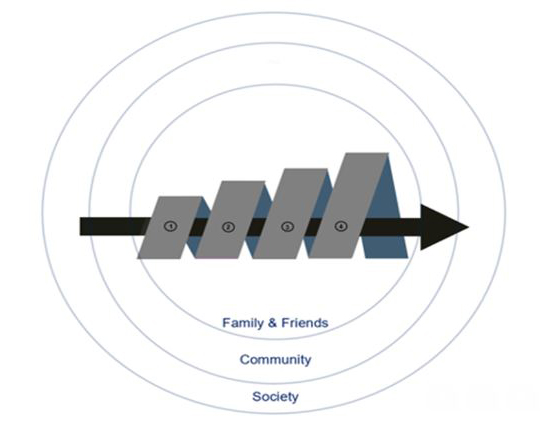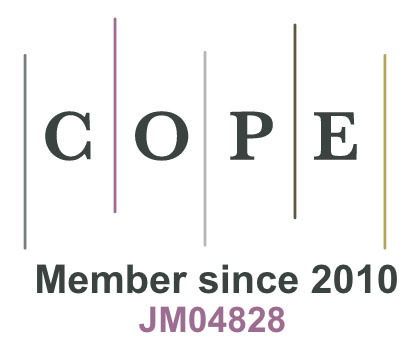Maternal Role Attainment
The current ANS featured article is titled “The Evolution of Maternal Role Attainment: A Theory Analysis” authored by Bridget J. Frese, PhD, RN, CNM, CNL and My Hanh (Theresa) Nguyen, PhD, PMHNP-BC. This article is available to be downloaded at no cost while it is featured, and there are Continuing Education (Professional Development) units available if you complete the CE test! We also welcome your comments about this article here! The authors have provided the following background about their work, and a slide set presenting the main points of the article.
I am a certified nurse-midwife and my co-author, My Hanh (Theresa) Nguyen, is a psychiatric mental health nurse practitioner. Although in different nursing disciplines, our passion overlaps in supporting the mental health of new parents with a focus on maternal mental health. Underlying this passion is the recognition and understanding of the joys and challenges that happen with the transition of becoming a mother. Our article is a theory analysis of Reva Rubin’s theory of maternal role attainment (1967) which was updated by Ramona Mercer, who changed the name to the theory of becoming a mother (2004). Using the theory analysis developed by Walker and Avant (2011), Dr. Nguyen and I highlight the strengths of this important theory as well as offer suggestions to update concepts and language that are inclusive of all people and families. In addition, we offer novel visualizations of Rubin’s and Mercer’s theories as they evolved over time. The theory of maternal role attainment and becoming a mother is relevant to any nurse who works with patients or clients during this exciting time of growth, development, and transition for families. This not only includes labor and delivery nurses and midwives, but also prenatal, postpartum, neonatal, pediatric, community health, and psychiatric nurses. As we continue to learn more and grow our nursing profession, it is important to remember those nurses who have come before us, such as Rubin and Mercer, and continue to keep their work alive and relevant.
Caption: Mercer’s “Becoming a Mother”
- Pregnancy: commitment, attachment, and preparation
- Birth to 2-6 weeks postpartum: acquaintance, learning, and physical restoration
- 2 weeks to 4 months postpartum: moving toward a new normal
- Around 4 months: Achievement of the maternal identity
The process of becoming a mother involves an initial four stages that overlap and move in a linear fashion. The four stages lay a foundation for the continual evolution that continues after the achievement of maternal identity. This process happens in the context of family and friends, who are situated in the larger community, which is situated in society.







